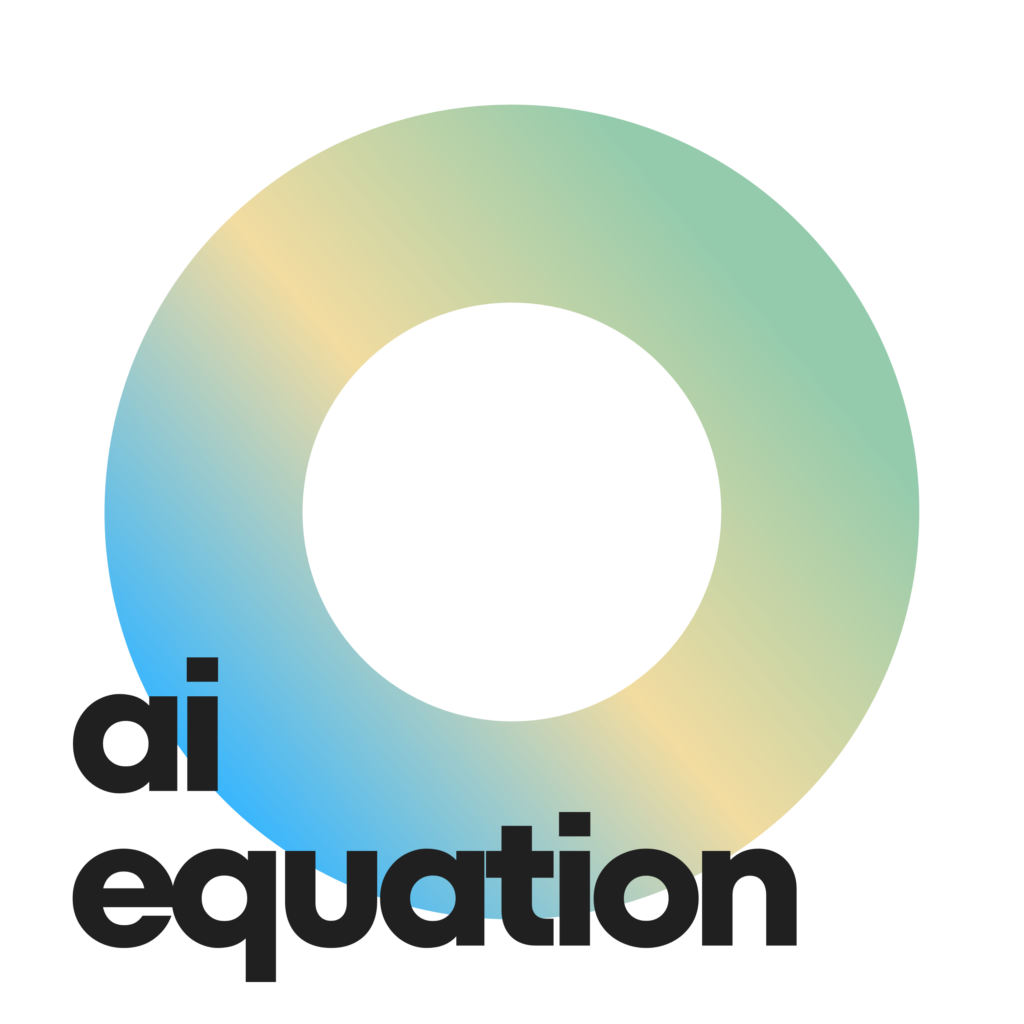
Enhancing Research with ScholarAI: A Conversation with Lakshya Bakshi
Artificial Intelligence has revolutionized countless industries, yet within the realm of research, unique challenges have emerged. The use of large language models like ChatGPT, while remarkable, presents significant hurdles in terms of reliability and transparency, particularly in the context of academic research. These models often generate answers that, while plausible-sounding, lack factual substantiation and rarely offer citations to back their responses. The resultant ambiguity poses a substantial barrier for researchers aiming to uphold rigorous standards and establish credibility in their work.
In our latest episode of ‘AI Equation,’ we had the privilege of delving into a groundbreaking solution to this conundrum. ScholarAI, a pioneering plugin, is poised to transform the way researchers interact with AI models, particularly ChatGPT. Join us as we explore this remarkable innovation with Lakshya Bakshi, one of the co-founders of ScholarAI.
The Challenge: ChatGPT and the Hallucination Dilemma
ChatGPT, harnessing the power of large language models (LLMs), offers valuable insights. However, two significant drawbacks impede its utility in research:
1. Hallucination: LLMs are susceptible to generating responses that sound plausible but lack a factual foundation. In research, where precision and accuracy reign supreme, relying on such responses can lead to misleading conclusions and unreliable source material.
2. Lack of Citations: Conventional LLMs typically do not provide citations for their responses, rendering it challenging to verify the information’s reliability. Researchers frequently find themselves on a quest to trace the origins of data, a task made all the more daunting when dealing with opaque AI-generated content.
The Solution: ScholarAI to the Rescue
ScholarAI rises as a robust antidote to these challenges. This innovative plugin seamlessly connects ChatGPT with a vast repository of peer-reviewed articles and academic research, expertly addressing both the hallucination problem and the citation deficit.
Here’s a glimpse into ScholarAI’s transformative features:
- Mitigates Hallucinations: ScholarAI ensures that responses are firmly rooted in peer-reviewed literature, drastically reducing the risk of hallucination and equipping researchers with reliable insights.
- Cites Sources: Diverging from the norm, ScholarAI accompanies its responses with citations from reputable academic sources, elevating the credibility of generated content.
- Database Access: Users can directly query an extensive database of peer-reviewed studies, accessing scientifically sound information for their research, technical projects, or funding proposals.
ScholarAI is at the forefront of AI-powered research, championing efficiency, transparency, and reliability in the relentless pursuit of knowledge. Researchers now have a tool that seamlessly complements their expertise, facilitating the discovery, interpretation, and utilization of credible information.
Transforming Research with ScholarAI
AI-powered research is rapidly evolving, and ScholarAI leads the way. Its unwavering commitment to transparency and credibility in research is commendable, exemplifying how AI can enhance, rather than hinder, the pursuit of knowledge.
In the expansive realm of AI, ScholarAI stands as a robust ally for researchers, delivering the support and resources necessary to make impactful contributions to their respective fields. As AI continues to redefine the boundaries of possibility, solutions like ScholarAI shine as beacons of innovation and advancement in research.
To gain deeper insights into ScholarAI and its transformative influence, don’t miss the latest episode of ‘AI Equation.’ Join us on our journey through the world of artificial intelligence as we explore the individuals, ideas, and technologies shaping our future.